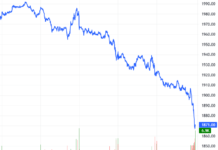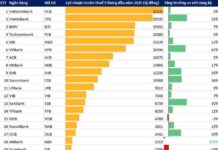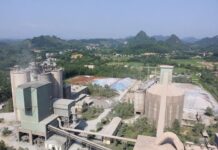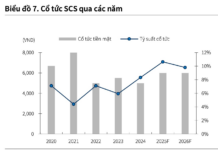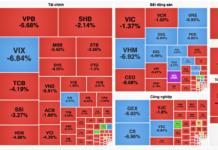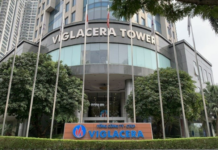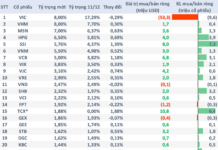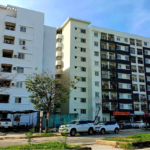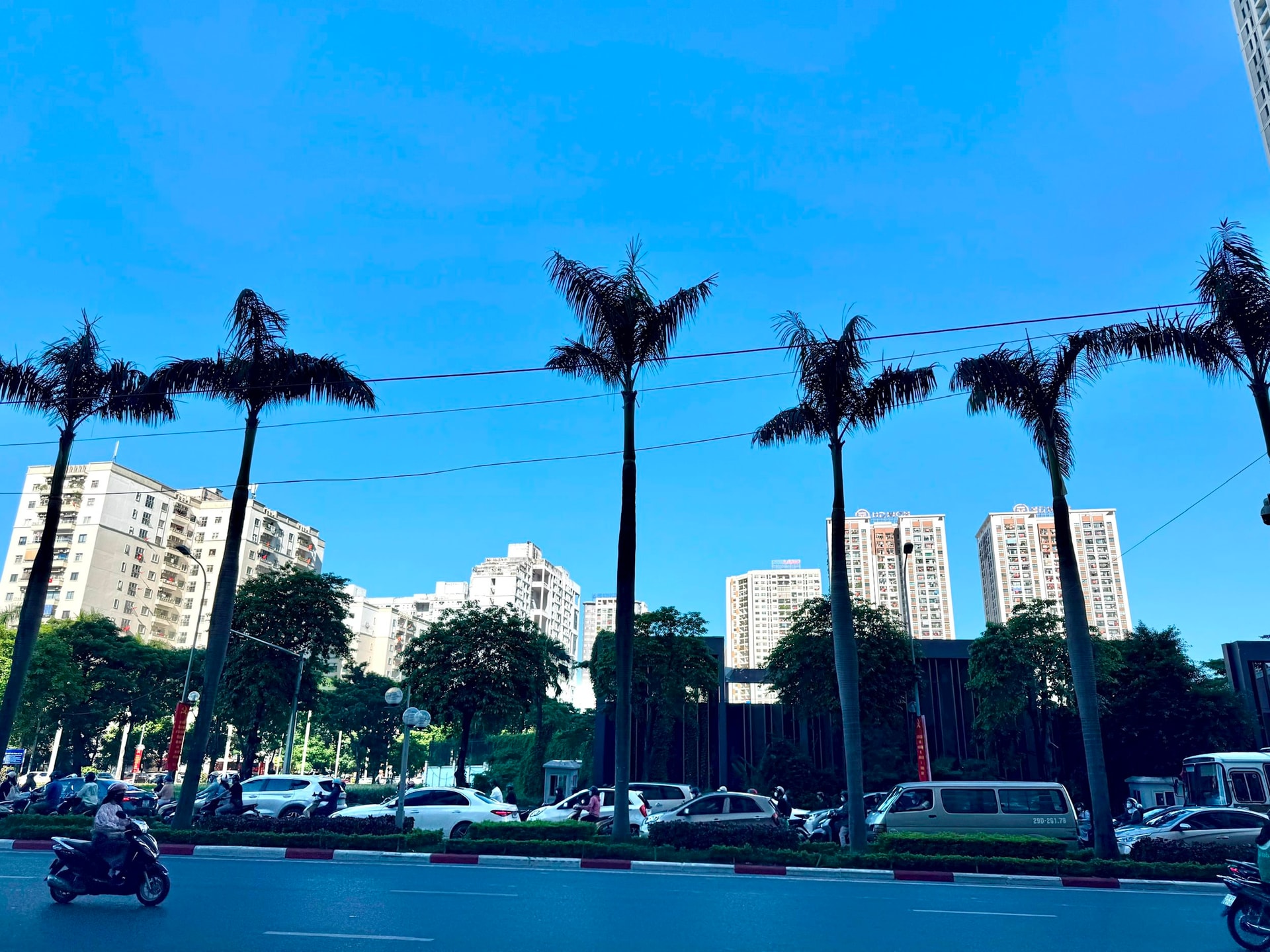
The most significant challenge currently remains housing prices and the supply-demand relationship, which are of particular concern to the Government and the Prime Minister. (Image: MarketTimes)
At the Q3 and 9-month 2025 Real Estate Market Report event themed “Vietnam Real Estate Market: Identifying Inefficiencies and Solutions,” organized by the Vietnam Association of Realtors (VARS), many experts noted that property prices have risen by 30-50% since 2020, with some locations seeing nearly 100% increases. This makes it difficult for middle- and upper-income earners to own homes.
Explaining the high housing prices, Dr. Can Van Luc, Chief Economist at BIDV and a member of the Prime Minister’s Policy Advisory Council, identified six key factors: (1) Legal hurdles and fear of accountability leading to limited supply. (2) Rising input costs, particularly land rental fees, compensation expenses, financing, and construction materials. (3) Imbalanced supply and demand, with excess high-end properties and shortages in affordable and social housing. (4) Persistent price manipulation and speculation. (5) Lack of effective tax mechanisms to regulate speculation. (6) High administrative costs and prolonged project approval times.
Additional challenges include land use fee calculations, delayed guidelines for new laws and resolutions, land clearance issues, and complexities in M&A transactions.
At the event, Mr. Vuong Duy Dung, Deputy Director of the Housing and Real Estate Market Management Department, praised the market research, synthesis, and analysis efforts, emphasizing their importance for effective state management. “Accurate assessments, proper guidance, and sound directives are crucial,” he stated.
Mr. Dung highlighted that the primary challenge remains housing prices and the supply-demand dynamics, which are key focuses for the Government and Prime Minister. “Property prices have remained high for an extended period. The Ministry of Construction has conducted a comprehensive evaluation of the causes and is proposing targeted solutions to reduce housing costs and promote sustainable market development,” he shared.
According to Mr. Dung, input cost structures are critical in determining property prices. High land costs, construction expenses, and capital costs due to project delays are the main drivers of rising housing prices. To lower property prices, reducing input costs—including land fees and streamlining administrative procedures to cut capital costs for delayed projects—is essential.
“All solutions aim to reduce capital costs, thereby lowering real estate product prices,” he emphasized.
Addressing why supply has improved but prices continue to rise due to speculative demand, Dr. Le Xuan Nghia, a member of the Prime Minister’s Policy Advisory Council, asserted that housing is a complex issue only the Government can resolve.
He stressed that the most urgent issue is curbing sudden property price spikes, which destabilize the market and affect genuine homebuyers.
Dr. Nghia attributed the price surge to supply-demand imbalances. Limited new project approvals, especially for social and affordable housing, have constrained supply, while demand remains high and growing.
Additionally, some real estate firms hold large land reserves without developing projects, exacerbating supply shortages.
“Speculative demand exists but is not the primary cause of price increases. The root issue is the severe supply shortage, particularly for properties meeting real housing needs,” Dr. Nghia noted.
Regarding legal issues, Prof. Nguyen Quang Tuyen, Vice Chairman of the Council and Head of the Economic Law Department at Hanoi Law University, noted that while land, housing, and real estate laws have been revised, they lack stability and coherence. Frequent changes make local officials hesitant, leading to project approval delays and supply stagnation.
He cited land valuation regulations as an example, which do not reflect market principles. Many localities use “artificial” or small-scale auction prices for large projects, causing unreasonable land price increases. Enhancing local officials’ expertise and clarifying decentralization are necessary.
Advocating for the Retention of 4.8% Interest Rate on Social Housing Loans
At the seminar titled “Addressing the Demand for Affordable Housing and Solutions to Attract Residents to New Urban Areas,” Mr. Lê Hoàng Châu, Chairman of HOREA, asserted that the 6.6% interest rate for social housing buyers is excessively high. He urged the Government to maintain the rate at 4.8%, ensuring that citizens, particularly young people, have a viable opportunity to secure housing that aligns with their income levels.
Soaring Construction Material Costs Make Home Price Reductions Unlikely
Experts warn that the ongoing surge in construction material costs, if prolonged, will significantly hinder any potential decrease in housing prices.
“Sky-High Prices, Sold-Out Properties: A Real Estate Market Recovery or Looming Risk?”
The influx of “cheap” capital and the prevailing mindset of asset accumulation are reigniting the real estate market, with absorption rates soaring to 77% in Q3/2025. Yet, beneath the vibrant transaction landscape lie concerns over persistently high price levels, supply-demand imbalances, and the escalating risks of real estate credit if timely regulatory measures fail to materialize.

